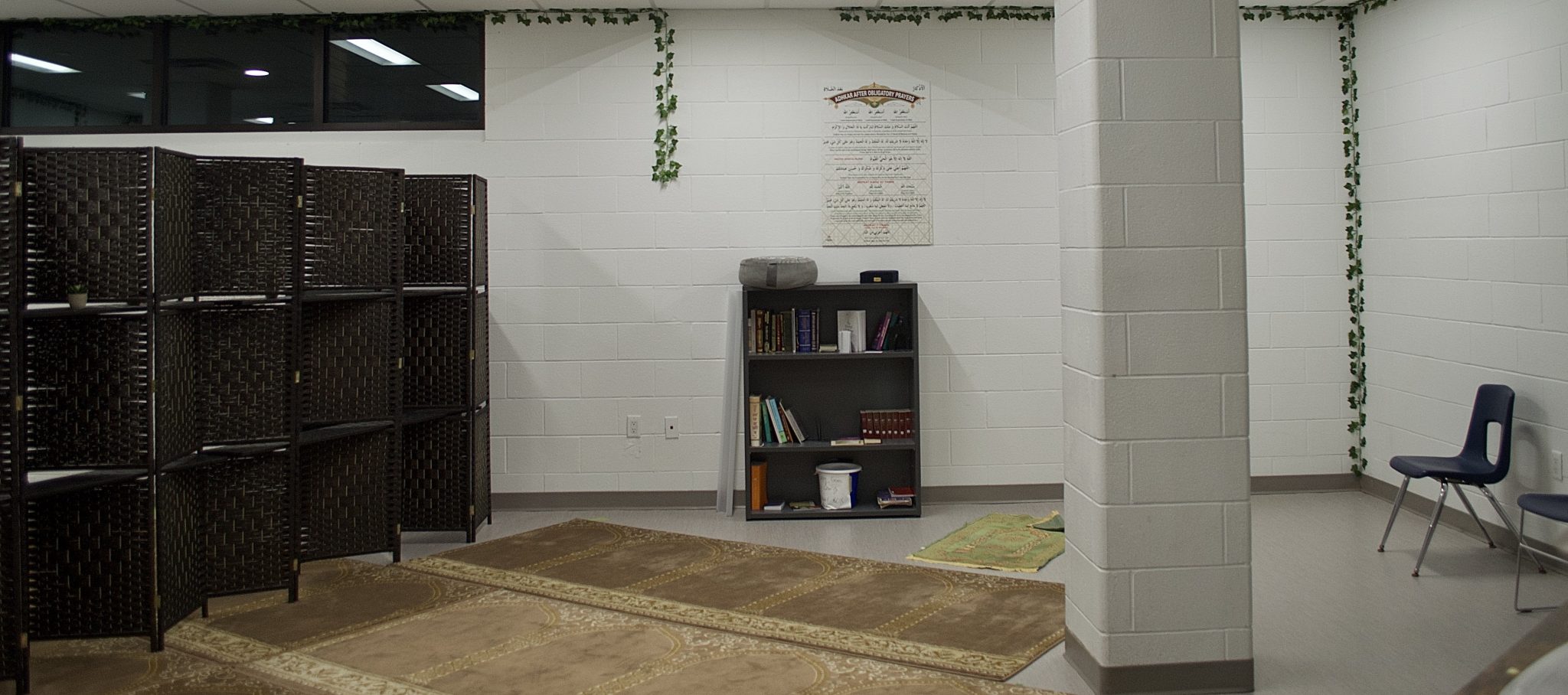Islamic Heritage Month and Laurier Experts

The Canadian government named October Islamic Heritage Month in 2007; marking a month of opportunity to learn about Muslims and their traditions, history, and culture, while also recognizing the importance of inclusivity and recognizing the unique challenges of racism and Islamophobia that Muslims face.
To commemorate this month, Laurier held multiple events: Selda Sezen, the Muslim Chaplain at MLU hosted soup lunches, there were workshops and Zoom meetings to discuss Islam facts or Islamophobia in Canada, art sessions to foster inner peace, and Instagram takeovers by the Centre for Student Equity, Diversity and Inclusion accounts.
Laurier also posted an expert alert for Islamic heritage month to highlight a list of experts at the institution.
One of the experts, Ali Zaidi, an associate professor in Global Studies and Religion & Culture, has a focus on cultural globalization and Islam and modernity, among other things.
“Cultural globalization refers to the cultural effects of the integration of the world that we’ve experienced in the mid to late 20th and 21st centuries,” he said. “…It refers to the ways in which cultures move through the world.”
Part of this is integration, but the other part can be resistance expressed against certain cultural products.
The examples he provided are the globalization of American culture through fast food, movies, TV shows expanding to other parts of the world, or the popularity of falafel and shawarma in North America.
Zaidi also explained how there are certain perceptions of Muslims in the West regarding their dedication to religion.
“There’s this perception that Muslims tend to be very religious, more so than other communities and more observant than other communities,” he said. “That may or may not be true, we need to actually do the research on this.”
Despite these perceptions, Zaidi prefaced a book by Stanley Fischer, that reveals Muslims are not different from other communities.
“What I think we don’t recognize is the ways in which Muslims are not that distinctive from other communities.”
The book, named Are Muslims Distinctive? Includes results from an international survey that shows Muslims having the same responses regarding multiple factors, such as political affiliation. The only distinction amongst Muslim communities is that Muslims tend to be more conservative with respect to sex.
Zaidi continuously researches religion, secularism, and the cultural side of globalization, while also delving into the role of hermeneutics in interpretations of religious texts.
When discussing Islam or a minority group such as Muslims, the topic of racism (and in this case, Islamophobia), is often brought to the discussion.
Another Laurier expert, Jasmin Zine, is a sociology professor at Laurier with her expertise including Islamic feminism, and contemporary manifestations of Islamophobia.
Zine explained how her most recent book, Under Siege: Islamophobia and the 9/11 Generation examines the ways in which a generation of youth navigated the world at a time when their identities were essentially under siege with the heightened era of Islamophobia in the aftermath of 9/11, the war on terror, and domestic security policies that targeted Muslim communities.
“Muslims were seen through a lot of stereotypes, as potential terrorists, radicals and so on. And that hasn’t changed, since 9/11, those particular stereotypes still exist. It’s easy to equate Islam and Muslims with terrorism as is done in a lot of anti-Muslim propaganda globally, not just in Canada or North America or Europe,” she said.
She is currently exploring the Canadian Islamophobia industry, specifically looking at networks where Islamophobia becomes orchestrated and organized in the present, in some cases through conspiracy theories. This builds on research from the US denoting the way that Islamophobic bigotry has been monetized.
“It’s affected [the millennial generation of Muslim youth] in a number of ways, in terms of their sense of identity, belonging, citizenship, the way in which they are being surveilled, and now tend to surveil themselves,” she said.
Looking specifically at students: on a micro level, there are services that they need on campus as Muslims.
“There’s certain services that Muslim students need on campus, and I think that universities are beginning to address that and have been for a while,” Zaidi said. “This year, will be the first time in many years when Ramadan will fall during the school year.”
Since Ramadan consists of fasting and eating meals at a certain time of day, Zaidi said that this could affect students living on residence who would need to take food home from the dining hall.
On a macro level, looking directly at Islamophobia, Zine referenced education as a front for combatting any form of oppression.
Considering the two terror attacks that have happened in Canada, she said that Islamophobia has become deadly and the response to it needs to be appropriate to the danger.
“When it comes to anti-Islamophobia education, there is a responsibility, I think, for all universities to make sure that relevant courses reflect education around Islam and Muslims and around Islamophobia more directly,” she said.
Laurier has several relevant courses, including Zine’s course on religion and global justice, and Zaidi’s courses on religion and global studies, as well as a unique Muslim Studies program at the university.

